Swami Dayananda (1824-1883) may well claim to share the honour of being the greatest Indian educationist of the 19th century with Raja Ram Mohan Roy (1772-1833). Swami Dayanand Saraswati was born in Tankara, a small town in central kathiawar, in 1824. Raised in an obscure native state, Dayanand’s education was that of a Shaivite Brahman, orthodox and unaffected by the outer world. As a youth Dayanand Showed an unwillingness to accept both his family’s plans for his future and orthodox Hinduism. Seriously troubled by the practice of idol worship, disturbed by the deaths of his sister and uncle, he left home at the age of twenty-two. Dayanand’s family had attempted to end his restlessness through marriage, and instead precipitated a final break. The years from 1846 to 1860 were spent in search of mukti, release, the traditional goal of Hindu ascetics. Little is known of Dayanand’s activities during this period and there is nothing to indicate an interest in reform, social or religious. Clearly Dayanand did not find satisfaction and solace as a sanyasi. He continued to search for guru who could answer his own internal questing. In November 1860 he found his preceptor, Swami Virajanand Saraswati, a blind ascetic from the Punjab. For three years he studies with Virajanand, accepting not only a new theology but a set of goals which gave redirection to his life. When Dayanand left Virajanand in 1863, he gave as guru dakshina (a departing gift) the promise to reform Hinduism. Dayanand, the seeker of individual immortality, emerged a reformer challenging the present.
Sociology of Education
$58.50
$65.00

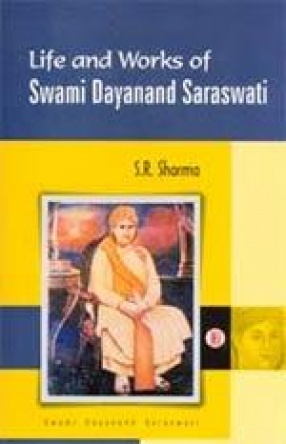
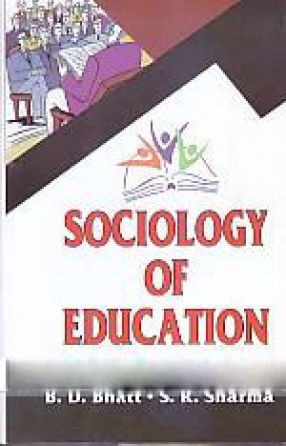
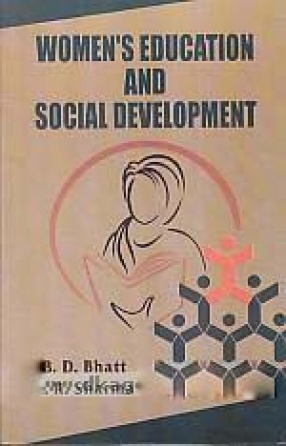
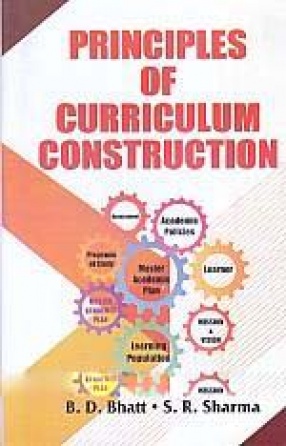

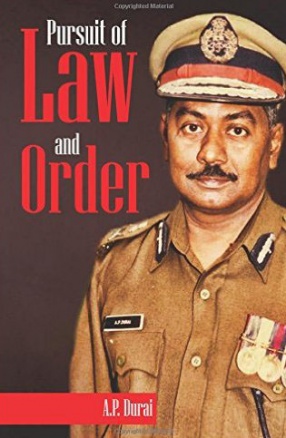

There are no reviews yet.